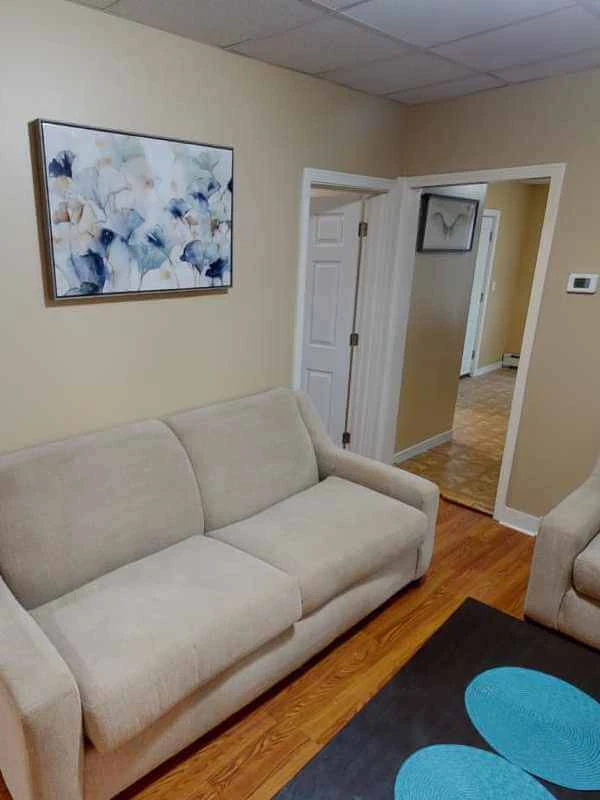
You’ll likely begin to feel better between five to seven days after you stop drinking, though some symptoms—like changes in sleep patterns, fatigue, and mood swings—can last for weeks or months. The severity of alcohol withdrawal is categorized into three stages. Not all people progress through all of the stages of alcohol withdrawal. A standard drink roughly translates to 12 ounces (0.35 liters) of beer at 5% alcohol by volume (ABV), or 5 ounces (0.14 L) of wine at 12% ABV. Given how many variables there are, it is hard to define an “average” drinker.
Timeline of Alcohol Withdrawal
- There are many support options available that can help guide you through alcohol withdrawal, as well as abstaining from alcohol after withdrawal.
- One of the most profound ways that alcohol affects you is through what it does to your body.
- On the emotional side, many people experience a strong self of resolve in the first 24 hours.
- While it has been suggested that one or two drinks per day may have health benefits, one meta-analysis found that even moderate intake has serious health risks.
- Many people with alcohol use disorder hesitate to get treatment because they don’t recognize that they have a problem.
Because denial is common, you may feel like you don’t have a problem with drinking. You might not recognize how much you drink or how many problems in your life are related to alcohol use. Listen to relatives, friends or co-workers when they ask you to examine your drinking what happens when you stop drinking alcohol habits or to seek help. Consider talking with someone who has had a problem with drinking but has stopped. Quitting alcohol for one month seems like a short time, but a 2015 study found that many people who participate in Dry January continue to drink less six months later.
What Happens to Your Body When You Stop Drinking Alcohol
In some people, the initial reaction may feel like an increase in energy. But as you continue to drink, you become drowsy and have less control over your actions. After 30 days without alcohol, your brain and thought processes might become clearer, according to Larson. It is still unknown whether these positive effects of abstinence persist beyond a month, but Moore speculated it could be possible. “It’s quite clear that alcohol has a physiological effect on the body, so I’d be surprised if all those effects just wore off,” he said. One way to represent the average drinker may be to focus on people who don’t have a history of alcohol dependence.
What happens to your body when you stop drinking alcohol?
While alcohol is high in calories, and wine, beer, and mixed drinks add sugar to one’s diet, Kumar said that simply cutting it out may not always help you lose weight. Depending on the extent of liver damage you have, you may need to completely abstain from alcohol in order to give your liver the best chance for recovery. https://ecosoberhouse.com/ Talk to a doctor about your personal history and what’s right for you. They will become less intense, and symptoms will disappear one by one. Physical symptoms will be much better by a week after stopping for most people. From weight loss to better sleep, the long-term and short-term side effects can be noticeable.
- If you want to level up your health, cutting back significantly on alcohol yields several physical and mental health perks.
- At The Recovery Village Atlanta, we are committed to helping people like you or your loved one recover completely from alcohol addiction as safely and comfortably as possible.
- “Cutting out and abstaining from alcohol can recover a substantial portion of liver function,” Wirtz says.
- A heavy drinking binge may even cause a life-threatening coma or death.
While you might not notice it, your hormones are starting to improve as well, with libido and sexual function revving back up. While heavy drinkers are the only ones who experience liver effects from alcohol, the improvements can be felt very quickly. “If you’re a heavy drinker, this is where your liver health starts rebounding,” says Dr. Mosquera. Treatment varies depending on the severity of withdrawal symptoms. People experiencing mild to moderate alcohol withdrawal symptoms often receive outpatient care—meaning there is no extended time spent in a hospital or facility. It’s recommended, however, that they have someone stay with them who can help during recovery.
months after you stop drinking alcohol:
The dehydrating effect of alcohol affects your skin and your hair significantly. As you have four weeks of better hydration, improved sleep and better overall health, it will noticeably affect your skin and hair. Your skin may appear fuller and healthier in consistency and quality. If your alcohol use distracted you from skin and hair hygiene, then the effects of sobriety can be even greater.
If you are thinking about quitting drinking, talk to your healthcare provider. Medical supervision, behavioral health treatment, and mutual-aid groups can help you through alcohol withdrawal and stay stopped. The alcohol withdrawal timeline varies, but the worst of the symptoms typically wear off after 72 hours. People who are daily or heavy drinkers may need medical support to quit.
You could lose weight
Your energy will be devoted to getting you going, as opposed to recovering from alcohol. Often, people drink because they’re stressed or anxious, and they think alcohol provides an instant cure. Of course, not everyone who drinks has a problem, but a break from alcohol can allow people to consider how much they’re drinking and why. It usually takes a month to see the benefits of stopping, but in my experience they become apparent relatively quickly. Genetic, psychological, social and environmental factors can impact how drinking alcohol affects your body and behavior.